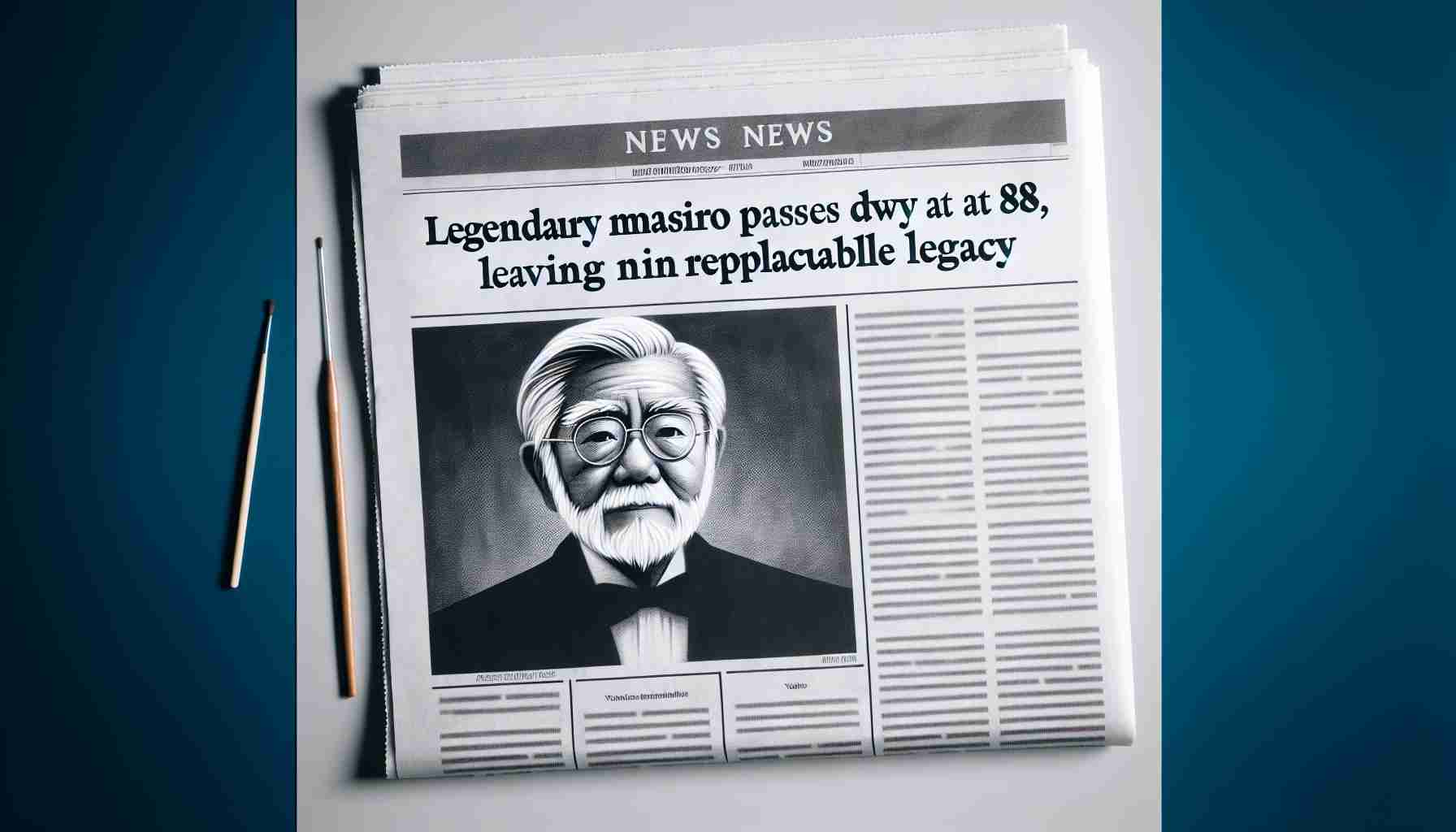- Seiji Ozawa, known as “World’s Ozawa,” was an iconic conductor with a distinguished career that began after winning the 1959 Busseto International Conducting Competition.
- He studied under renowned conductors like Karajan and Bernstein, significantly shaping his musical artistry.
- His 30-year association with the Boston Symphony Orchestra marked him as a transformative figure in classical music.
- Ozawa’s legacy includes vibrant performances, such as the New Year’s Concert with the Vienna Philharmonic in 2002.
- He was dedicated to fostering young talent, advocating for future musicians in Japan and internationally.
- At 88, his passing reflects a significant loss to the classical music community, but his influence will endure.
The world of classical music mourns the profound loss of Seiji Ozawa, the iconic conductor who earned the title of “World’s Ozawa.” His extraordinary journey began when he clinched victory at the 1959 Busseto International Conducting Competition, setting the stage for a remarkable career that spanned decades and continents.
Ozawa’s talent blossomed under the mentorship of music legends like Karajan and Bernstein. He captivated audiences as the conductor of prestigious orchestras, including the Toronto Symphony Orchestra and the San Francisco Symphony, where he served as music director. However, it was his 30-year tenure with the Boston Symphony Orchestra that solidified his status as a cultural titan, bringing innovative interpretations to the classical repertoire.
In 2002, Ozawa left an indelible mark on the New Year’s Concert with the Vienna Philharmonic, a hallmark of his vibrant musical legacy. Beyond conducting, he was a passionate advocate for the next generation of musicians, dedicated to nurturing young talent both in Japan and abroad.
At the age of 88, Ozawa’s impact on the music world is immeasurable, characterized by a spirit of creativity and mentorship. His departure signifies the end of an era in the classical music scene, but his extraordinary contributions will resonate for generations to come.
As we reflect on his legacy, it’s clear that Seiji Ozawa was not just a maestro; he was a pioneer, a mentor, and a true treasure of the music world.
Seiji Ozawa: A Musical Legend and His Lasting Legacy
The world of classical music has lost a monumental figure with the passing of Seiji Ozawa, the acclaimed conductor whose profound influence spanned over six decades. Here we uncover new insights into his career, legacy, and the impact he had on the world of music.
Innovations in Orchestra Conducting
Ozawa was not only lauded for his interpretation of classical works but also for his innovative conducting techniques. His use of visual communication and emotional engagement during performances transformed the concert experience, making it more accessible to audiences. This approach included experimenting with the relationship between conductor and musicians, fostering a collaborative atmosphere that encouraged creativity.
Sustainability in Music Education
Ozawa’s commitment to music education is noteworthy. He founded the Seiji Ozawa International Academy in Japan, where he nurtured young talents, emphasizing the importance of sustainability in classical music. This initiative sought to ensure that the art form continues to thrive by empowering the next generation of musicians.
The Global Impact of Ozawa’s Style
Ozawa’s conducting style was influenced not just by Western classical music traditions but also by his Japanese heritage. This blend created a unique interpretative approach, enhancing the understanding of cross-cultural influences in orchestral music. His performances often featured elements that celebrated both Western and Eastern musical traditions, reflecting a harmonious blend.
3 Important Questions About Seiji Ozawa
1. What was Seiji Ozawa’s long-term impact on classical music?
Ozawa transformed classical music through his innovative approaches to conducting, his dedication to education, and his advocacy for multiculturalism in the music world. His tenure with the Boston Symphony Orchestra redefined the orchestra’s sound and broadened its audience, leaving a legacy that established new standards for future conductors.
2. How did Ozawa influence the next generation of musicians?
Ozawa was dedicated to mentorship, evident through his numerous masterclasses and workshops across the globe. His academy and personal guidance shaped many young musicians’ careers, fostering a sense of community and support that continues to inspire new artists.
3. In what ways did Ozawa’s cultural background influence his work?
Ozawa’s Japanese heritage provided a unique perspective on Western classical music. He integrated elements of Japanese music, promoting a dialogue between different musical traditions that enriched his interpretations and performances, making them uniquely profound and memorable.
Conclusion
Seiji Ozawa’s life and work have paved the way for future generations in the classical music realm. His innovative approaches, commitment to education, and cultural influences have left a lasting legacy that will continue to inspire both audiences and musicians alike.
For more on Seiji Ozawa and his contributions to classical music, visit Boston Symphony Orchestra and Seiji Ozawa Official Website.




















